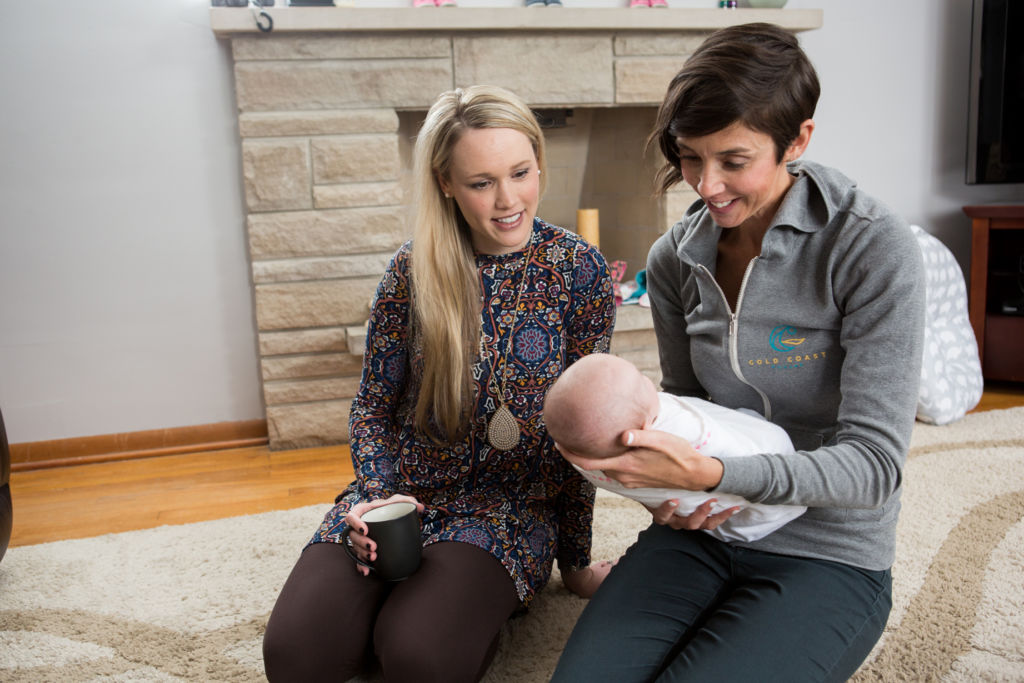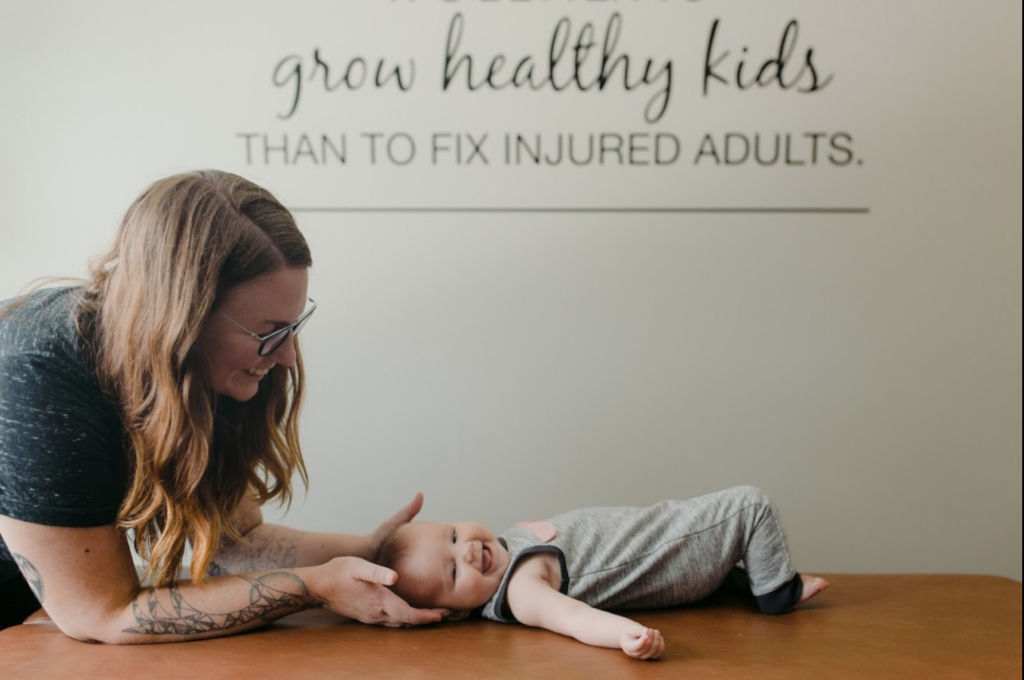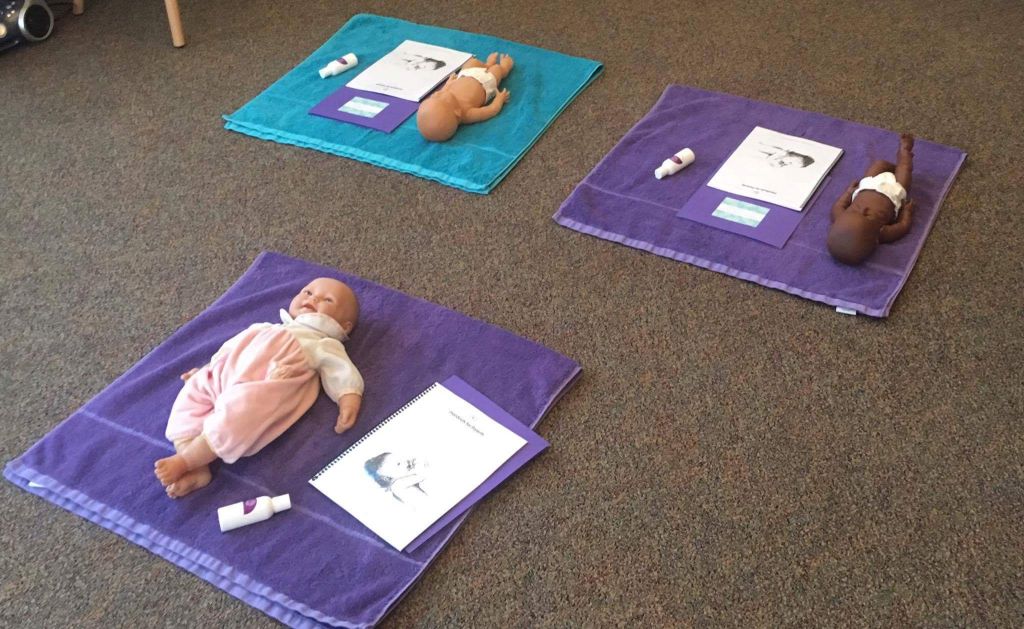Mental Health Awareness Month: Podcast Episode #97

Dr. Nave now works with queens through her virtual practice Hormonal Balance. Today she talks to us about hormones and how they affect our mental health, including the baby blues and postpartum depression. You can listen to this complete podcast episode on iTunes or SoundCloud. Alyssa: Hi. Welcome to Ask the Doulas Podcast. I am […]
Podcast Episode #62: Newborn Traumas

What is birth trauma and do all babies experience it? How can you remedy it? Dr. Annie and Dr. Rachel of Rise Wellness Chiropractic give us several examples of common birth traumas, what they mean, and how chiropractic care can help. You can listen to this complete podcast episode on iTunes or SoundCloud. Kristin: Welcome […]
Podcast Episode #58: Sleep Misconceptions

Gentle Sleep Consultant, Alyssa Veneklase, talks about the most common misconceptions around sleep training. If your baby sleeps through the night will your milk supply dry up? Can a baby really self-soothe? Will my baby feel abandoned? You can listen to this complete podcast on iTunes or SoundCloud. Kristin: Welcome to Ask the Doulas with […]
Podcast Episode #49: Adjusting Babies

Do babies really need a chiropractic adjustment? Listen to Dr. Annie of Rise Wellness explain what happens to a baby’s body during pregnancy and delivery and how gentle methods can be extremely effective. You can listen to this complete podcast episode on iTunes or Soundcloud. .. Alyssa: Hi, welcome back to another episode of […]
Podcast Episode #42: Building Your Birth Team

What should your birth team look like? What kinds of questions do you need to ask and who should you be talking to when you find out you’re pregnant? We answer these questions and more on today’s podcast with Rise Wellness Chiropractic. You can listen to this complete podcast episode on iTunes or SoundCloud. […]
Infant Massage Questions

Frequently Asked Questions About Infant Massage Gold Coast Doulas is thrilled to present a Part 2 of the Infant Massage guest blog from Cristina Stauffer. Cristina Stauffer, LMSW, CEIM has been passionate about serving women and young children throughout her career. Pregnancy and early motherhood can be one of the most vulnerable times in a […]
Why is Infant Massage Good for Babies?

Why is Infant Massage Good for Babies? Gold Coast Doulas is thrilled to present a guest blog from Cristina Stauffer. Cristina Stauffer, LMSW, CEIM has been passionate about serving women and young children throughout her career. Pregnancy and early motherhood can be one of the most vulnerable times in a woman’s life. Cristina has been […]


